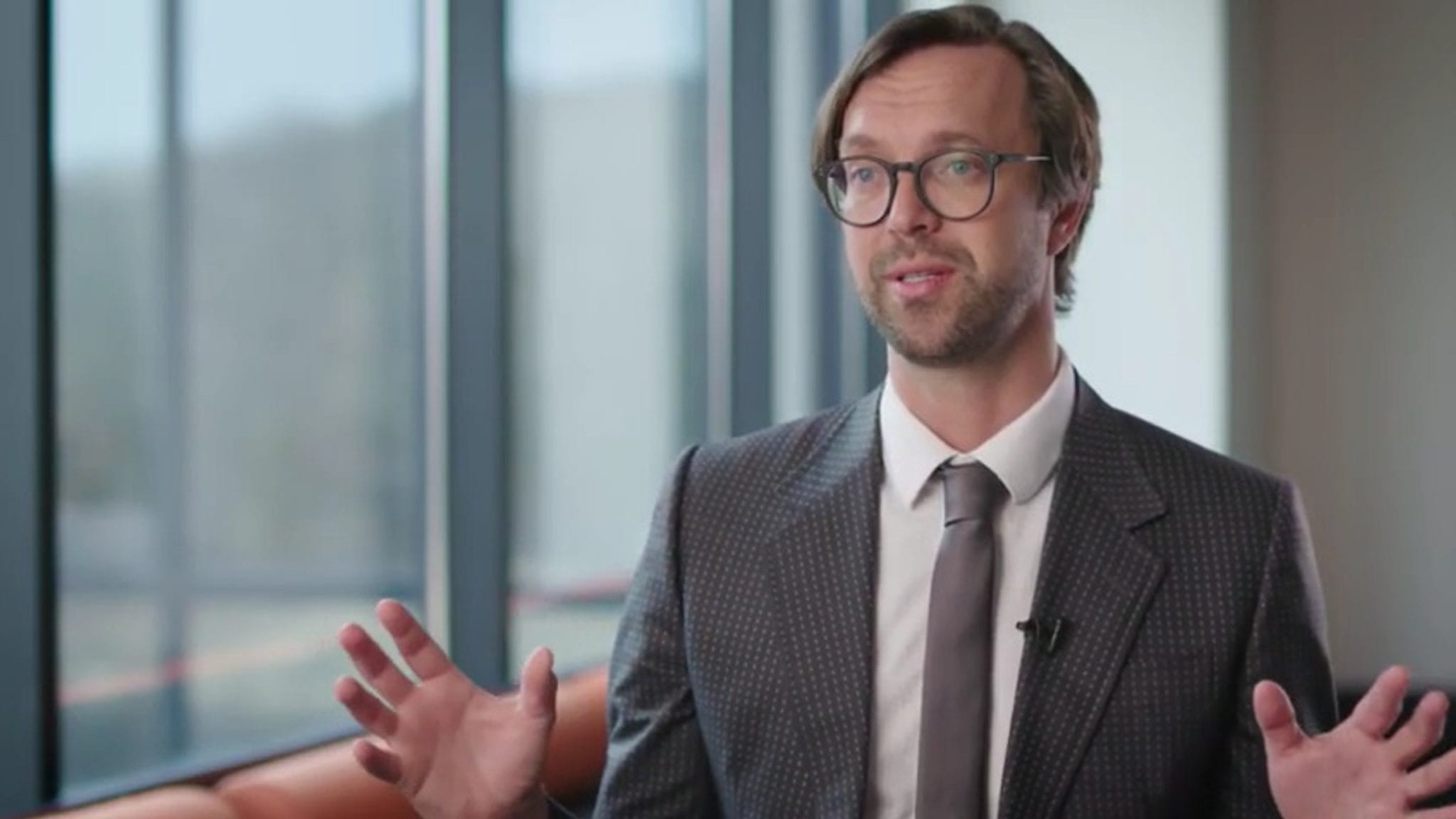
Sobi bets $250M cash, about $1B in milestones for rights to a C3 therapy being pushed through 5 pivotal trials
A couple years after licensing Novimmune’s emapalumab and turning around a quick FDA OK, Stockholm-based Sobi is betting up to $1.2 billion for rights to another rare disease drug.
The company is shelling out $250 million upfront and adding up to $915 million in milestones for rights to develop and commercialize Apellis Pharmaceuticals’ drug pegcetacoplan outside the US. Together, the companies will see the systemic C3 therapy through five registrational trials in hematology, nephrology and neurology.
Unlock this article instantly by becoming a free subscriber.
You’ll get access to free articles each month, plus you can customize what newsletters get delivered to your inbox each week, including breaking news.